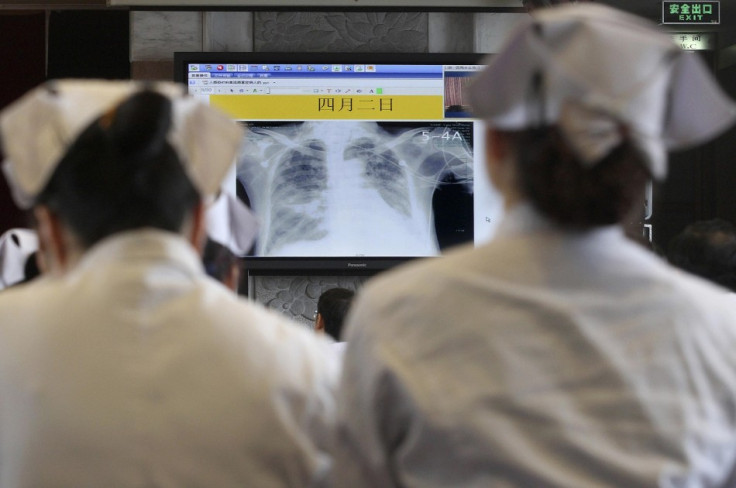Powerful antibody against influenza, pneumonia viruses developed

Researchers have developed an antibody found to boost survival chances in lung infections including influenza and pneumonia.
Scientists from NTU Singapore are working to make the product suitable for use in humans. While that may take a few years, a diagnostic kit that uses the antibody to track and help quick recovery will be available sooner.
"The kit will help doctors diagnose the severity of pneumonia and the efficacy of the prescribed treatment. This is done by detecting the concentration of a particular protein called ANGPTL4, which is present in samples taken from patients suffering from upper respiratory tract infections," said associate professor Andrew Tan who led the team.
The antibody works by reducing the damage caused by inflammation on lungs. It does this by blocking a protein known to control response to inflammation.
Two biotech multi-national corporations, Abcam based in the United Kingdom and Adipogen International based in the United States, have won the rights to license the antibody.
The new antibody works by blocking ANGPTL4 which was found to be in high concentration in the tissue samples taken from patients suffering from pneumonia, as also influenza.
Mice with high levels of ANGPTL4 recovered much faster than the other mice which didn't receive the antibodies.
The diagnostic kit can detect the high concentration of ANGPTL4 which correlates to high inflammation levels in patients. By monitoring its levels during treatment, quicker care can be given.
The inflammation process is part of the body's natural defence to lung infections. Inflammation helps get rid of the pathogens.
But prolonged inflammation even after pathogens are killed causes a build-up of fluids in the lungs and also internal bleeding, leading to death in severe avian flu and SARS infections.
The work has been published in the latest issue of the prestigious international peer-reviewed journal Cell Reports.
Influenza epidemics in the past have taken millions of lives, like the severe acute respiratory syndrome (SARS) outbreak in 2002 and swine flu in 2009. The Spanish flu pandemic of last century that killed 50 million people can happen again, scientists have warned.
The World Health Organisation estimates that influenza results in about 3 to 5 million cases of severe illness worldwide each year, with about 250,000 to 500,000 deaths annually.
Pneumonia is the leading cause of death in children worldwide accounting for 15% of all deaths for children under five years of age.
© Copyright IBTimes 2025. All rights reserved.





















